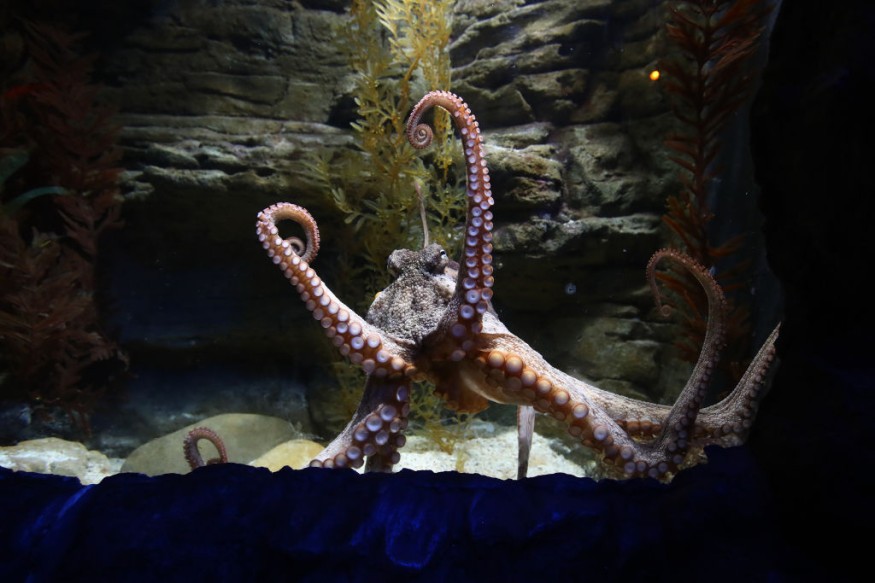Octopuses in the Antarctica have shown a remarkable way to survive in extreme and cold environments. The nervous system adaptations helped them to live in the coldest waters of the Antarctic.
Understanding the adaptations of wildlife helps researchers to protect them from potential threats of climate change-induced extreme weather events. In Antarctic, the cold waters can become more challenging for species to survive, particularly animals not used to extreme temperatures.
In the freezing environment of Antarctica, it is home to different species that can generate heat in their bodies. Polar bears, penguins and seals can also survive in Antarctic waters.
Antarctic Octopus Amidst Extreme Temperatures in the Region

With the extreme cold, animals should have sufficient body temperatures to warm them. The heat that they generate can help them thrive. They also generate heat from the sun or external environments.
In Antarctica, octopuses managed to survive despite the harsh temperatures. Experts from the Marine Biological Laboratory (MBL) observed the behavior and conditions of octopus unique adaptations.
The study's findings were published in the Proceedings of the National Academy of Sciences journal. Researchers observed the molecular determinants in adapting octopuses in the Antarctic region.
Understanding their adaptations can help researchers to offer more insights into the species, especially for animals living in colder environments.
According to Joshua Rosenthal, the researchers investigated the enzyme in the octopus' nervous systems. The study noted that ectotherms' enzyme evolution showed to live amidst the extreme effects of temperatures.
Ectotherms are animals that regulate heat from external environmental factors like sunlight, especially when temperature changes can kill them. For instance, cold temperatures can damage animal's tissues, energy and membranes.
In addition, the researchers highlighted that octopuses have remarkable thermal adaptation. The soluble enzymes significantly adapted to low temperatures in Antarctica.
In previous research, experts found a rare aquatic species in Antarctica, the Strawberry Feather Star (Promachocrinus fragarius). The findings were published in the Invertebrate Systematics, showing that the feather star has 20 unique arms.
Read also: Emperor Penguin Population Decline: Climate Change, Sea Ice Loss Make it Challenging to Survive
Octopus' Amazing Vision Underwater
According to the Current Biology journal., the researchers discovered the powerful visual vision of octopuses in navigating underwater.
The underwater is dark and completely challenging for marine species to navigate. The researchers observed the octopus's central visual system using the animal's vision-neutral activity, particularly the response to light of their brain.
In addition, the researchers found that octopuses could respond to small light spots and dark spots in underwater locations. It helps them to have camera-type eyes, especially the cephalopod brain evolution, which brought effective visual systems or functions.
The remarkable vision of octopuses can evade potential predators, camouflage in their environment and look for potential prey.
Related Article : Unique Deepwater Corals Reefs, Marine Animals Discovered on Wellington's South, Kapiti Coasts
For more similar stories, don't forget to follow Nature News.
© 2025 NatureWorldNews.com All rights reserved. Do not reproduce without permission.





